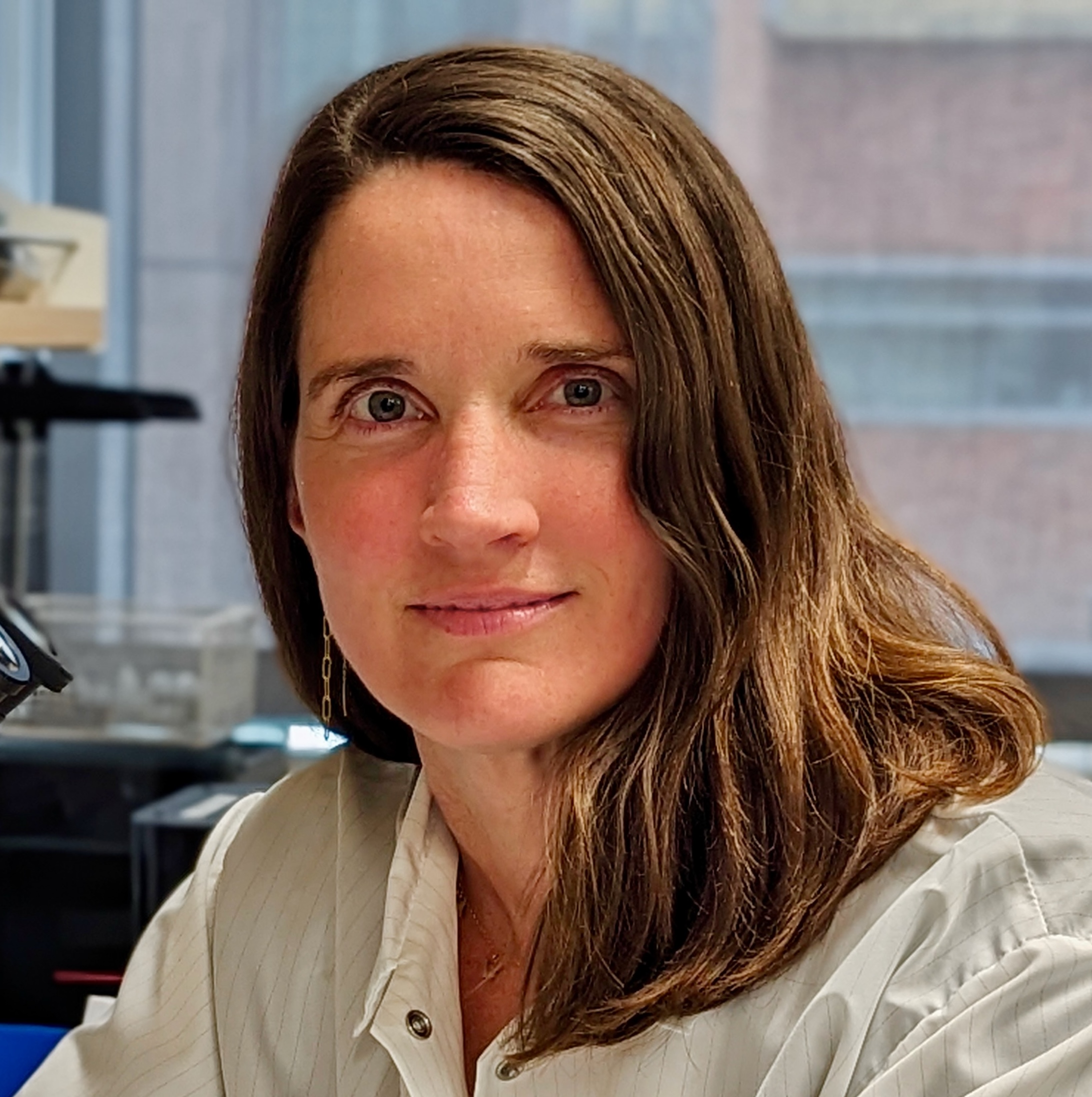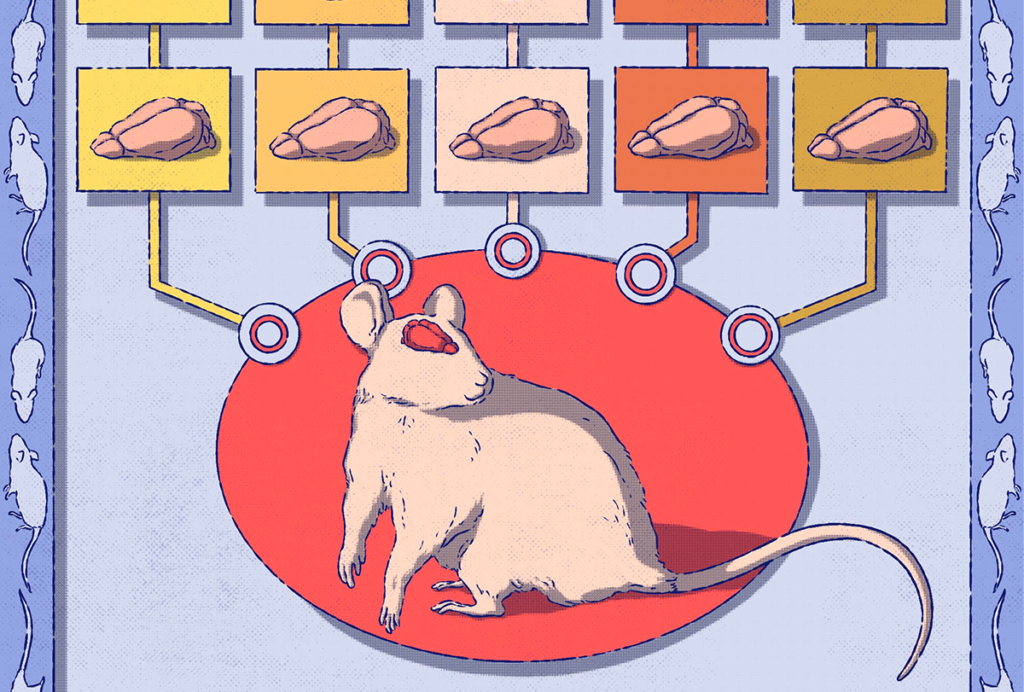Anne Churchland is professor of neurobiology in the David Geffen School of Medicine at the University of California, Los Angeles (UCLA). She received her B.A. in mathematics and psychology from Wellesley College and her Ph.D. in neuroscience from the University of California, San Francisco. She completed her postdoctoral training at the University of Washington from 2004 to 2010 and was a principal investigator in neuroscience at Cold Spring Harbor Laboratory from 2010 until she joined the UCLA faculty in May 2020.
Churchland’s laboratory investigates the neural circuits that support decision-making. When making decisions, humans and animals can flexibly integrate multiple sources of information before committing to action. The ability to flexibly use incoming information distinguishes decisions from reflexes, offering a tractable entry point into more complex cognitive processes defined by flexibility, such as abstract thinking, reasoning and problem-solving.
To understand the neural mechanisms that support decision-making, the Churchland Lab measures and manipulates neurons in cortical and subcortical areas while animals make decisions about sensory signals. To connect the neural responses with behavior, Churchland’s lab uses mathematical analyses aimed at understanding what information is represented at the level of neural populations, both at a given moment and over time. Understanding neural population activity will bolster the lab’s long-term goal of understanding cognitive processes that integrate inputs from our multiple senses, stored memories and innate impulses.
Churchland has received awards from the McKnight Foundation, the Pew Charitable Trusts, the Society for Neuroscience and Cold Spring Harbor Laboratory, and she is a recipient of the Klingenstein-Simons Fellowship Award. To broaden the impact of her lab’s efforts, Churchland maintains a YouTube channel featuring many of her talks aimed at diverse audiences.





